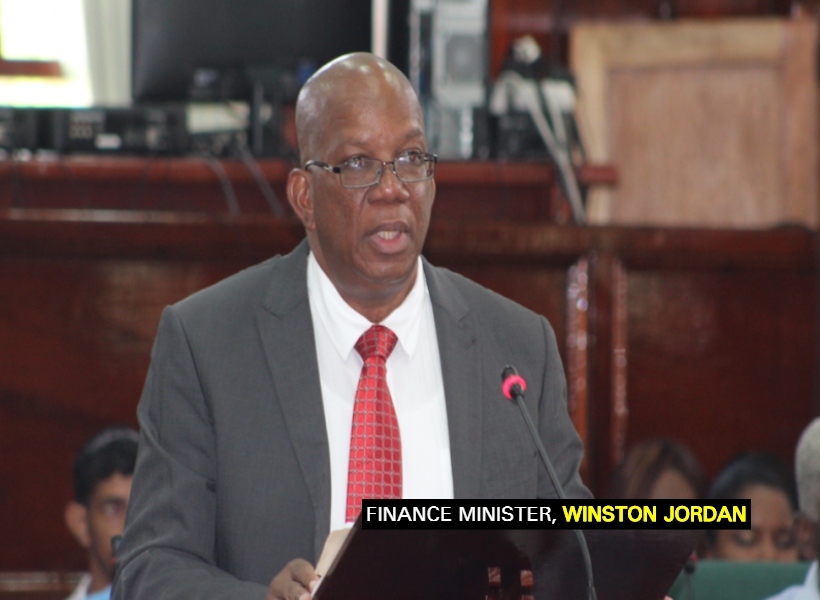In his budget speech last year, Finance Minister, Winston Jordan noted that the Ministry of Finance (MOF) was targeting a 4.6 percent growth in the 2019 Gross Domestic Product (GDP), with all major sectors contributing to this, but the Caribbean Development Bank (CDB) is now warning that increased political uncertainty may dampen this momentum.
This finding, among others, was noted in the organisation’s 2018 economic review of the country.
However, while the CDB holds this view, Minister Jordan assured the Guyana Standard that, at this point in time, there would be no need to revise the GDP downwards.
The economist said, “We have no reason to revise the GDP at this stage. While there would be concerns expressed by any investor, none have signaled a disinterest. In fact, on a recent trip to Canada to attend the Prospectors and Developers Association of Canada (PDAC) Convention, the biggest of its kind in the world, we were overwhelmed by the attendance and the interest shown by reputable investors at the Guyana Day event.”
The Guyana Standard also enquired if the nation’s development partners such as the Inter-American Development Bank, the World Bank, the International Monetary Fund (IMF), among others would have expressed any concerns regarding the impact of the political crisis on investments and how the government intends to function beyond March 19.
In response, Jordan said, “To date, I have not had any concerns raised by those entities regarding the impact of the political crisis on investments and functioning of Government beyond March 19. I believe those institutions are seized of the situation in the country, and separate the ‘huff and puff’ from the reality.”
Be that as it may, the Caribbean Development Bank sought to highlight that the National Industrial and Commercial Investments Limited (NICIL) bond issue will push total public debt above 60 percent of GDP in 2019, even as it noted that this ratio is projected to decline sharply after 2020.
The financial institution further stated that business reforms are needed to improve competitiveness and facilitate inclusive growth.
It said, “Although efforts are being made to increase linkages between the oil industry and the rest of the domestic economy, there is a risk that oil production could dominate exports and lead to exchange rate appreciation, which in turn could harm the competitiveness of other sectors.”
The Bank said that the Natural Resource Fund (NRF) can help to manage some of these risks but business-sector reforms will also be necessary. Along these lines, it further noted that improvements are needed in reducing energy costs, the speed of getting construction permits, and trading across borders.













